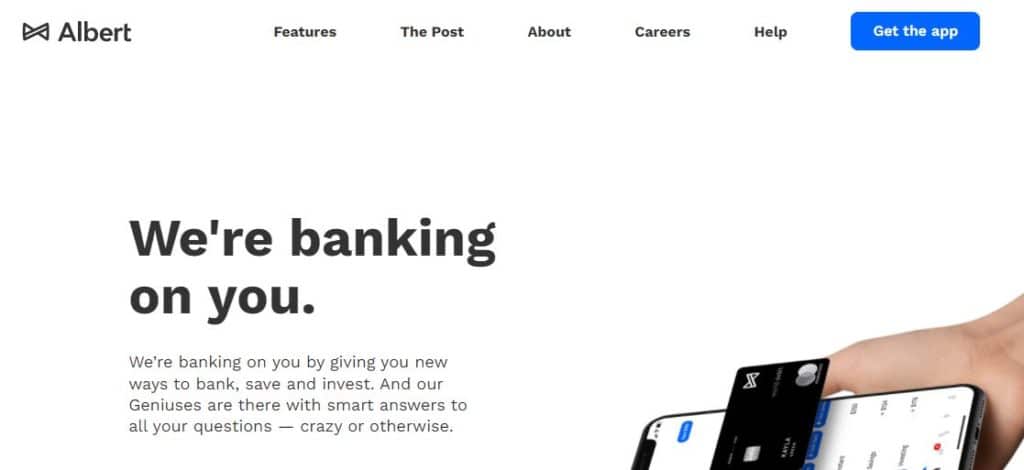Have you ever encountered a situation where you randomly came across an advertisement for a vacation package to your favorite destination, yet you never managed to go beyond the bookings page? That’s common, and sometimes it’s not because you don’t want to travel; it’s because you can’t seem to have the bandwidth to plan the vacation well. Interestingly, this analogy is very relevant in the context of emergency fund building.

Traditional methods of building emergency funds involve investing in traditional savings accounts or physically setting aside a portion of income in a separate account. However, many people often struggle to commit to these methods consistently.
This is where a savings and budgeting app comes in. Let’s explore why they’re a better option for creating emergency funds.
Consistency and discipline aren’t slippery.
Building an emergency fund typically falls apart in moments of impulse – that unexpected shopping spree or an imagined “essential” purchase. Savings apps like Rocket Money create a psychological and practical barrier that traditional savings methods lack. By automating the movement of funds and making access slightly more deliberate, these apps become the voice of reason when our resolve wavers. The result? Your emergency fund grows steadily in the background, protected from both impulsive decisions and the fatigue of constant self-monitoring.
Real-time statistics and analytics
Monthly bank statements feel like reading yesterday’s news – they tell you what happened, not what’s happening. Modern savings apps flip this dynamic, turning your emergency fund into a living, breathing financial entity. Each time you open the app, you see your fund’s pulse – its growth patterns, setbacks, and projections. This immediate connection to your money creates an oddly compelling narrative, making you more aware and proactive toward staying committed to your budgeting targets.
Apps can remind you if your brain forgets
The human brain excels at justifying why today isn’t the right day to save. Some money saving apps bypass this entirely. They don’t care if you’ve had a rough day or if there’s a sale at your favorite store – they quietly execute your pre-set saving rules without emotional negotiation. This removal of human judgment from the equation might seem small, but it’s precisely what makes these apps more effective than our best intentions.
Other financing options are centrally available.
Traditional emergency funds often sit isolated in basic savings accounts, losing value to inflation. Online budgeting and savings apps transform this stagnant pool into an active financial tool. They surface smarter options for your money – whether it’s splitting funds between high-yield accounts or suggesting better saving strategies. The key is that some apps provide these alternatives within the app; thus, you need not research independently.
The Bottom Line:
Savings, banking and budgeting apps can be excellent when you want to build an emergency fund. Their function isn’t only limited to storing your money but also suggesting ways in which you can optimize your spending and hedge your financial assets against inflation.


